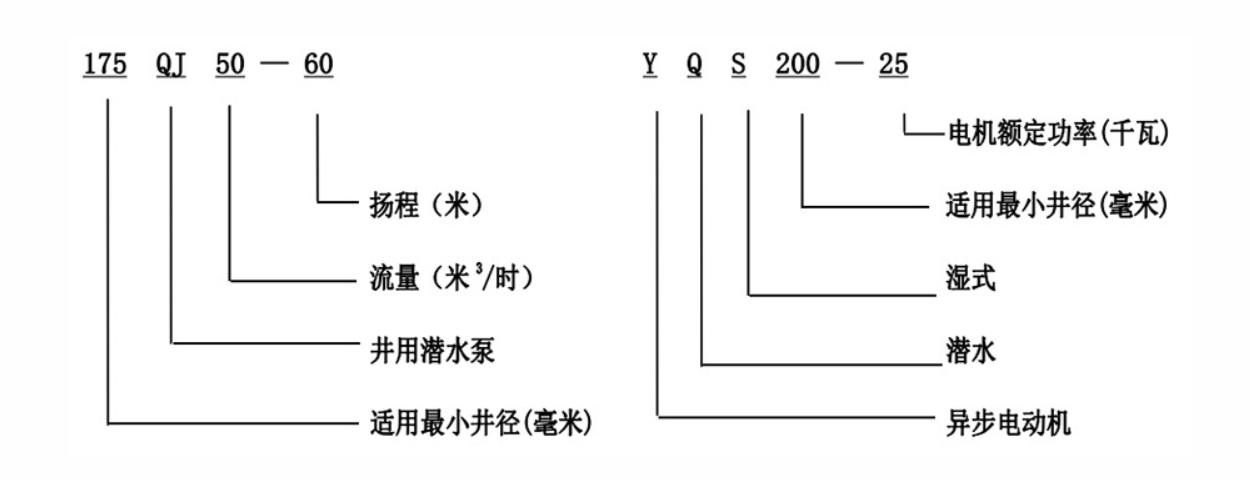Oct . 09, 2024 09:52 Back to list
submersible pump for irrigation
Submersible Pumps for Irrigation A Comprehensive Overview
Irrigation has been a vital component of agriculture for centuries, enabling farmers to cultivate crops in areas where water is scarce. Among the modern innovations that have revolutionized irrigation systems is the submersible pump. This type of pump has gained popularity for its efficiency, reliability, and versatility. In this article, we will explore the features, advantages, installation methods, and considerations related to submersible pumps used for irrigation.
What is a Submersible Pump?
A submersible pump is a device that operates underwater, typically submerged in a borehole, well, or reservoir. Unlike surface pumps that draw water from a location above the water level, submersible pumps are designed to push water to the surface. These pumps consist of a motor and a pump body manufactured to work together underwater, preventing the motor from overheating and reducing the risk of cavitation, which can harm the pump's components.
Features of Submersible Pumps
1. Design Submersible pumps often feature a streamlined design that allows them to minimize turbulence as water is drawn in. This promotes efficient operation and prolongs the life of the pump.
2. Material Durability is a key characteristic of submersible pumps. They are typically made from corrosion-resistant materials such as stainless steel and thermoplastic, ensuring longevity even in harsh conditions.
3. Power Source Most submersible pumps are powered by electricity, but solar-powered variants are becoming increasingly popular, particularly in remote areas with limited access to electricity.
4. Pressure Ratings These pumps can operate at different pressure levels, making them suitable for various irrigation requirements, from small gardens to large agricultural fields.
Advantages of Using Submersible Pumps for Irrigation
The use of submersible pumps in irrigation systems offers several benefits
1. Efficiency Submersible pumps can deliver water more efficiently than surface pumps. Their design allows them to push water from significant depths, making it easier to access groundwater resources.
submersible pump for irrigation

2. Reduced Noise Since submersible pumps operate underwater, they produce significantly less noise compared to traditional surface pumps. This makes them an excellent choice for residential areas or farms located near communities.
3. Less Maintenance With their components sealed within the pump body, submersible pumps experience less wear and tear. This can lead to lower maintenance costs and longer operating periods.
4. Energy Savings Many submersible pumps are designed to operate with lower energy consumption, especially those equipped with variable frequency drives (VFDs) that adjust the motor speed according to demand.
Installation Considerations
Installing a submersible pump requires careful planning and execution to ensure optimal performance
1. Well Depth and Diameter Assess the depth and diameter of the well or borehole where the pump will be installed. This will determine the size and type of pump needed.
2. Water Quality Test the water for contaminants that could affect pump performance. Sediment, sand, and other particles can cause damage over time.
3. Power Supply Ensure that the pump's power requirements match the available power supply. Consider solar options for off-grid locations.
4. Piping and Valves Proper installation of piping and valves is necessary to prevent leaks and ensure efficient water flow to the irrigation system.
Conclusion
Submersible pumps have emerged as a reliable and efficient solution for modern irrigation needs. Their underwater operation, energy efficiency, and reduced maintenance make them highly suitable for agricultural applications. Whether in large-scale farming or small garden projects, these pumps can facilitate consistent and effective irrigation, ultimately leading to better crop yields and sustainable agricultural practices. As water scarcity remains a pressing concern globally, investing in submersible pumps for irrigation may well represent a crucial step towards more sustainable farming and responsible water management.
-
Water Pumps: Solutions for Every Need
NewsJul.30,2025
-
Submersible Well Pumps: Reliable Water Solutions
NewsJul.30,2025
-
Stainless Steel Water Pumps: Quality and Durability
NewsJul.30,2025
-
Powerful Water Pumps: Your Solution for Efficient Water Management
NewsJul.30,2025
-
Oil vs Water Filled Submersible Pumps: Which is Better?
NewsJul.30,2025
-
Deep Well Pumps: Power and Reliability
NewsJul.30,2025
-
 Water Pumps: Solutions for Every NeedWhen it comes to handling dirty water, the dirty water pump is a must-have.Detail
Water Pumps: Solutions for Every NeedWhen it comes to handling dirty water, the dirty water pump is a must-have.Detail -
 Submersible Well Pumps: Reliable Water SolutionsWhen it comes to ensuring a reliable water supply, submersible well pumps are a top choice.Detail
Submersible Well Pumps: Reliable Water SolutionsWhen it comes to ensuring a reliable water supply, submersible well pumps are a top choice.Detail -
 Stainless Steel Water Pumps: Quality and DurabilityWhen it comes to choosing a water pump, the stainless steel water pump price is a crucial factor.Detail
Stainless Steel Water Pumps: Quality and DurabilityWhen it comes to choosing a water pump, the stainless steel water pump price is a crucial factor.Detail
